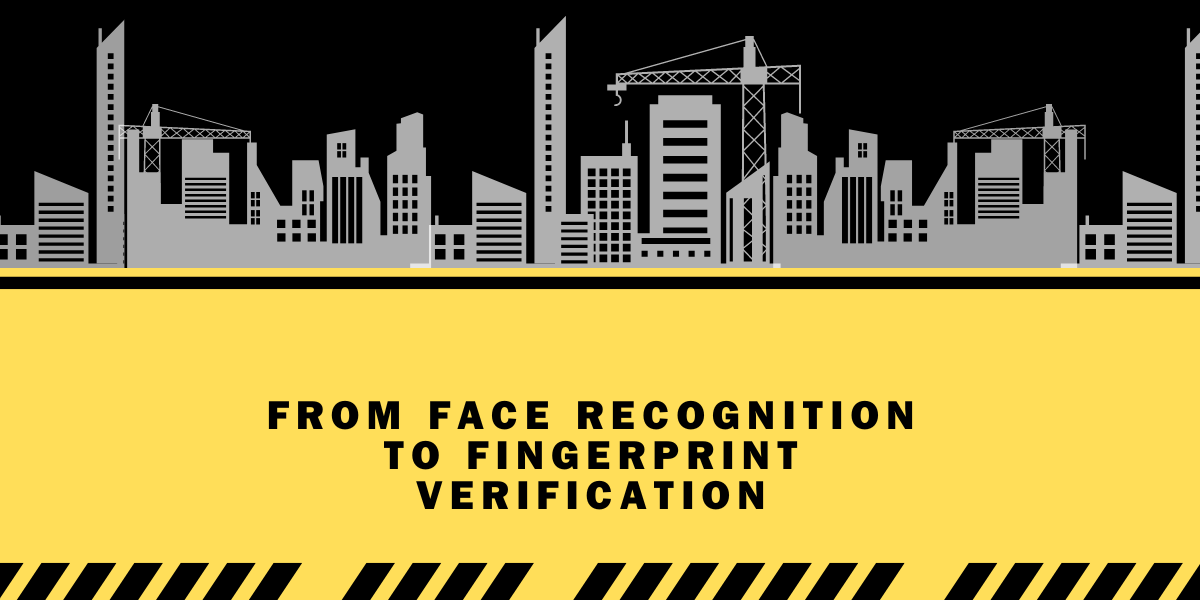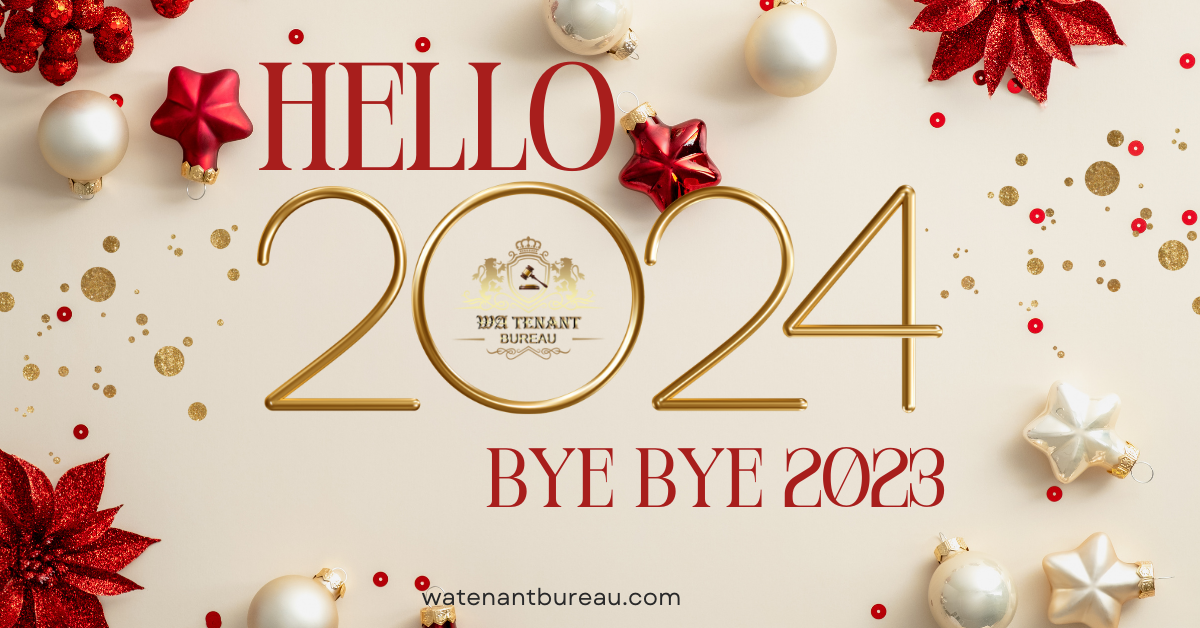The Fate of Inn Security
From Face Acknowledgment to Unique mark Verification
As the cordiality business develops, so do the security requests of lodgings and their visitors. With innovation progressing quickly, lodgings are taking on creative safety efforts to improve the wellbeing and comfort of their activities. Conventional keycards and surveillance cameras are being supplanted by biometric check techniques, including facial acknowledgment and finger impression examining. These state of the art arrangements vow to change inn security, giving a consistent and secure insight for the two visitors and staff.
Here is a glance at a few arising patterns molding the eventual fate of lodging security.
1. Facial Acknowledgment: Smoothing out Registrations and Access
Facial acknowledgment innovation is acquiring notoriety in the inn business as a strategy for working on registrations and further developing security. With this innovation, visitors can be distinguished in a flash upon appearance, considering a more productive registration process. Rather than holding up in line to introduce ID and Mastercard data, visitors can essentially approach a booth or front work area, where their face is filtered and coordinated with their booking subtleties.
Past registrations, facial acknowledgment can likewise be utilized all through the visitor’s visit to give admittance to different lodging conveniences. For instance, visitors can go into their rooms, access the exercise center, or make installments at the inn café without expecting to convey a keycard or wallet.
Benefits
Speed and Convenience: Visitors appreciate quicker registrations and admittance to offices, improving their general insight.
Upgraded Security: Facial acknowledgment keeps unapproved people from getting to rooms or inn conveniences, diminishing the gamble of robbery or security breaks.
Customized Experience: Inns can utilize this innovation to perceive returning visitors, giving customized good tidings and administrations.
Challenges:
While facial acknowledgment offers many advantages, security concerns might emerge. A few visitors might feel awkward with the possibility of their biometric information being gathered and put away. To address these worries, lodgings should focus on information insurance and straightforwardness, guaranteeing that visitor data is secure and utilized dependably.
2. Fingerprint Check: Another Degree of Security
Unique finger impression check is another arising innovation changing lodging security. With unique finger impression scanners, visitors can open their rooms, access inn offices, and confirm their personality without requiring conventional keys or recognizable proof cards. This innovation offers a more elevated level of safety than keycards, which can be lost, taken, or copied.
Finger impression confirmation is especially helpful for lodgings with top of the line visitors or the individuals who focus on protection and security. Visitors can feel certain that their rooms are gotten by their special biometric information, which won’t be quickly compromised.
Benefits
One of a kind and Secure: Finger impression confirmation gives a protected, carefully designed strategy for distinguishing proof, making it challenging for unapproved people to get close enough to visitor rooms.
Convenience: Visitors never again need to stress over conveying or losing room keys.
Diminished Key Administration Costs: Lodgings can reduce down on the expenses related with lost or harmed keycards.
Challenges
Like facial acknowledgment, unique finger impression check additionally raises protection concerns. Lodgings should guarantee that they have strong information security estimates set up to forestall unapproved admittance to delicate biometric information. Furthermore, a few visitors might be reluctant to utilize finger impression examining because of worries about tidiness or individual protection.
3. Smart Room Keys: The Up and coming Age of Keyless Entry
Brilliant room keys are one more innovation that is building up some decent momentum in the lodging business. These computerized keys, regularly got to through a visitor’s cell phone, offer a consistent and secure method for going into lodgings and access different region of the inn. Visitors can download a versatile application that permits them to check in, accept their computerized key, and access their room without visiting the front work area.
Notwithstanding accommodation, shrewd room keys give upgraded security. Since the computerized key is attached to the visitor’s telephone, it can’t be lost or taken similarly as a conventional keycard. Shrewd keys additionally permit inns to handily oversee visitor access, including changing room tasks or stretching out stays without expecting to give new actual keys.
Benefits
Contactless Entry: Shrewd keys dispose of the requirement for actual contact with shared surfaces, further developing cleanliness and accommodation.
Constant Access Control: Lodgings can remotely control and update visitor admittance to rooms and offices.
Expanded Security: Computerized keys are encoded, making them harder to hack or copy contrasted with customary keycards.
Challenges: While shrewd keys offer comfort, they likewise require areas of strength for a dependable web association with capability. Visitors without cell phones or the people who experience specialized challenges might in any case require elective access strategies.
4. Integrated Security Frameworks: The Eventual fate of Inn Safety
Notwithstanding facial acknowledgment, finger impression confirmation, and savvy room keys, the fate of inn security will probably include coordinating these advancements into thorough security frameworks. Inns can join different biometric devices with reconnaissance, man-made brainpower (simulated intelligence), and computerized cautions to make an all encompassing way to deal with security.
For instance, man-made intelligence controlled reconnaissance cameras can dissect visitor conduct progressively, recognizing potential security dangers and advising inn staff right away. These coordinated frameworks can assist with identifying unapproved access, forestall burglary, and even foresee support issues before they become difficult issues.
Benefits:
All encompassing Security Approach:By incorporating biometric instruments with artificial intelligence and mechanized frameworks, lodgings can improve by and large wellbeing for visitors and staff.
Proactive Monitoring: computer based intelligence observation can distinguish potential dangers early and give prompt alarms to staff, forestalling episodes before they happen.
Effective Asset Management: Coordinated frameworks permit lodgings to smooth out security tasks and decrease the requirement for manual checking.
5. The Significance of Information Protection and Security
As lodgings take on more biometric innovations, information protection and security become vital. Biometric information, for example, fingerprints or facial acknowledgment checks, is exceptionally delicate and should be shielded from digital dangers. Inns should carry out severe information assurance measures, including encryption, secure capacity, and standard reviews, to guarantee that visitor data is protected.
Furthermore, straightforwardness is critical. Lodgings should obviously convey to visitors how their information will be utilized, put away, and secured, and give choices to the individuals who don’t really want to utilize biometric advances.
The Eventual fate of Inn Security is Biometric
The fate of lodging security lies in the reception of biometric advances like facial acknowledgment, finger impression confirmation, and savvy room keys. These developments offer inns the capacity to give more secure, more advantageous, and customized encounters for visitors while diminishing the dangers of unapproved access and burglary. Notwithstanding, with these progressions comes the obligation of safeguarding visitor protection and information, guaranteeing that these advances are utilized morally and safely.
As lodgings keep on investigating new security innovations, the emphasis will stay on making a consistent harmony between visitor wellbeing, comfort, and trust.



